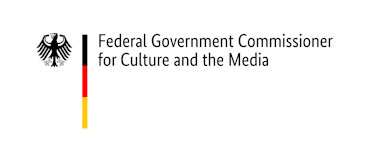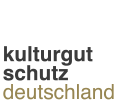“Negative certification”
Only very few cultural goods meet the strict requirements for entry into a register of cultural property of national significance (Section 7 (1) nos. 1 and 2 of the Act on the Protection of Cultural Property – Kulturgutschutzgesetz, KGSG)). For decades, the practice of registration has thus been extremely restrictive. Introduction of the KGSG has not changed this. Even so, in the KGSG, the legislator has, for the first time, introduced a concept of “negative certification” (Section 14 (7) KGSG). This allows the owner of cultural property to obtain binding confirmation that the cultural object in question does not fulfil the registration requirements. This confirmation is not time-limited. In addition, an owner can, for example, give power of attorney to an art dealer or auction house to apply for negative certification on his behalf.
Due to the fact that the determination made with the negative certificate is binding in terms of content and time, an application always requires the demonstration of a legitimate interest to the certificate. If the owner’s interests can be satisfied using another, more appropriate legal instrument, that should be preferred. Where, for example, the interest is primarily to avoid the need for registration or an export licence because the object concerned will only be in Germany temporarily, the KGSG may offer procedures specially tailored to this situation. For this reason, it is vital to demonstrate a specific interest in the case concerned.
Negative certification can also, in principle, be requested for cultural property that is (still) in another country.
Further information on the requirements for negative certification can be found in the section on Collectors.
Detailed information about the procedure can be obtained from the competent Land authority (authority finder available in German).

